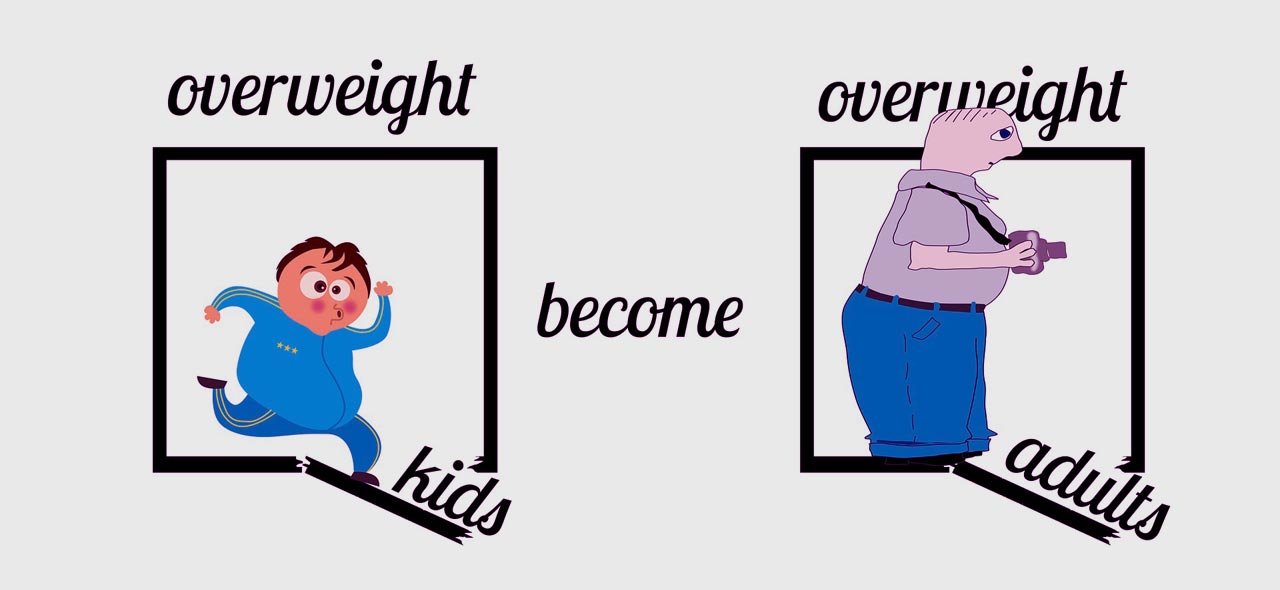Childhood obesity has gradually become a public health crisis over the last four decades. In the US alone, there has been a 4-fold increase in childhood obesity from 1975 to 2016, according to some studies. Research shows that childhood obesity leads to numerous health problems later in life, such as, increased risk of diabetes, liver disease, and high blood pressure. With increases in childhood obesity seen across the US, researchers are working to understand the causes of this condition. Understanding the causes is important in order to try to find solutions and give children an optimal life.
A new study published in the International Journal of Maternal and Child Health and AIDS looked at 2016-2017 data from the National Survey of Children’s Health (NSCH) to analyze the social determinants of childhood obesity. Using these data that are representative of all children in the country, researchers compared obesity levels among children across the US. They identified characteristics that changed the rates of children becoming overweight or obese. They considered many factors such as sex, race, family structure, education of the parents, and features of the neighborhood.
Of the over 30 million children surveyed, experts found that 31% were either overweight or obese. The chance of obesity was higher for non-Hispanic Black and Hispanic children, as well as children from single parent households. Some factors that protect children from obesity are having health insurance and parents having a college education.
Other highlights from the study include:
- The overall levels of children that are overweight or obese continues to be worrisome; however, increases in overweight and obesity have leveled-out over the last decade. Rates of overweight and obesity found in this study were similar to those reported in 2007;
- Female children appear to be less likely to become obese. While this agrees with some prior research, this has been a topic with conflicting results. Surprisingly, poverty was not found to be correlated with children becoming overweight or obese, contradicting previous findings in similar studies;
- Parents play an important role in childhood obesity. This was the first study to address the nativity of the parents (i.e. whether they are native or an immigrant) and the ability of parents to cope with the day-to-day demands of parenting; and
- More work is necessary to further understand the social determinants of health, both in the US and across the world. Research in this area have implications for many aspects of public health, including public policy, and funding.
You can read more about the new study here.
For more information, I encourage you to take a look at what we are doing at the Health, Environmental Education and Awareness (HEEA) program. At the HEEA day, we educate members of our community on the relationship between the environment and public health. Experts share nuggets of life-saving health and environment information in a joyful and entertaining atmosphere.
I can tell you that human health is truly complex. But there is hope. Obtaining and empowering ourselves with the latest information and research on different health conditions is important for protecting your health. There are a lot of valuable information published by health care providers, researchers and other experts from around the world. You can read free and updated information on health issues affecting mothers, women, children and families and other health issues at the International Journal of Translational Medical Research and Public Health. On this site, you can also read other interesting articles on public health, medical research, and how research is changing our lives all online and at no cost to you.
Sources: Singh et al., 2007; Kumar et al., 2017; Ogden et al., 2012; Singh et al., 2010
*Jesse Harris, MSc, MASc (Chemistry & Chemical Engineering), a scientist, educator, and leader based in Espanola, Ontario, Canada, volunteers for the Global Health and Education Projects, Inc., Washington, DC, USA., working in collaboration with Dr. Romuladus Azuine

